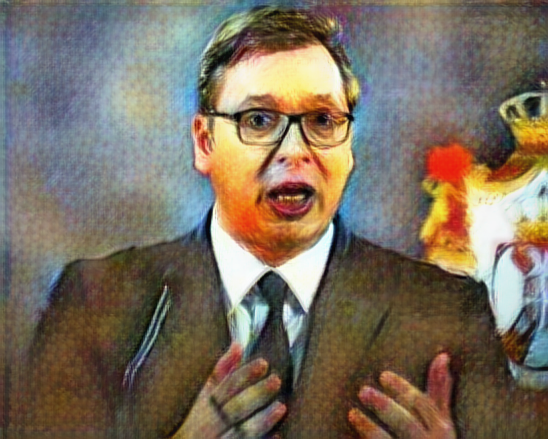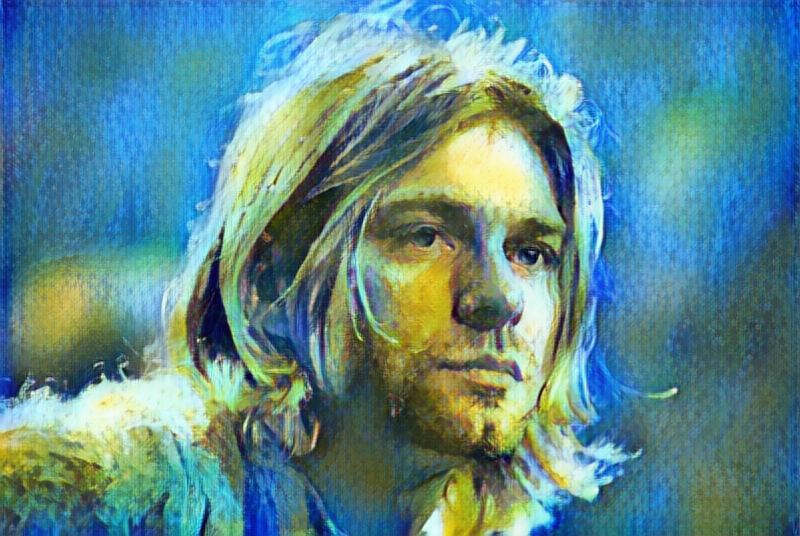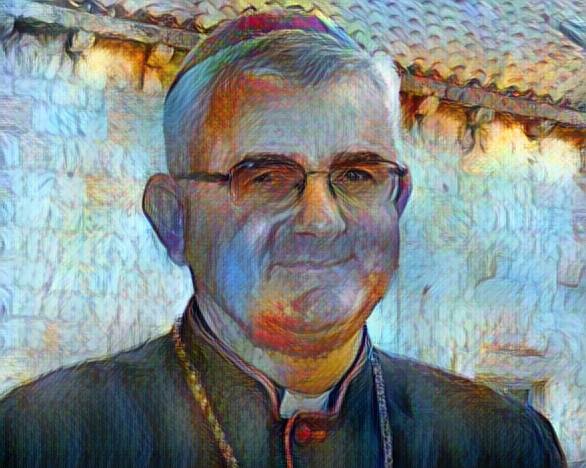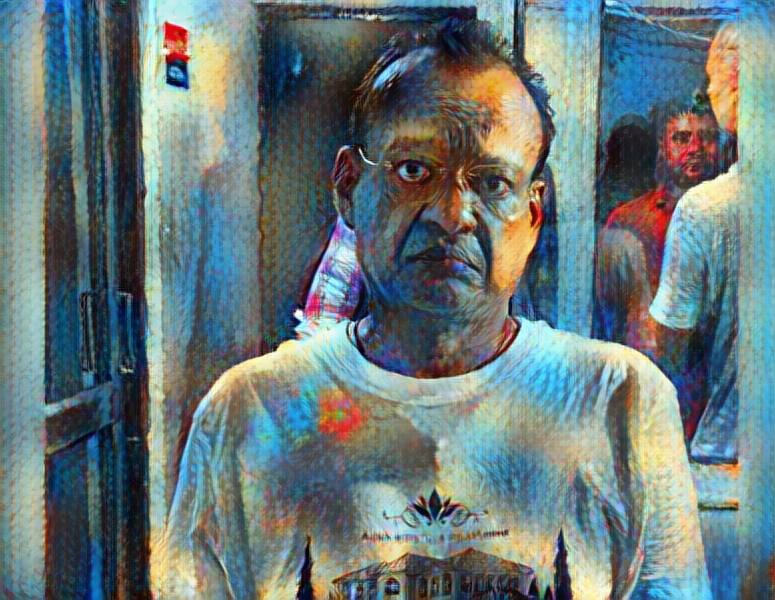 Reading Time: 2 minutes
Reading Time: 2 minutesAleksandar Vučić, the Serbian President, wishes you to calm down as he believes the chance of a civil war in Serbia is as unlikely as pigs gaining wings and joining the Air Force. He assured the nation that he would not let this happen as he exhibited the assurance of a salesman who is promoting stability through a used car with a new coat of paint. His message was clear: Serbia is under control, and he’s too busy keeping the country “balanced” to let things spin out of control. His leadership brand thrives on balancing acts that include east and west, nationalism and progressivism, and also chaos and calm. The goal is not to make Serbia too strong, but strong enough to keep in the regional spotlight. Add in some political leadership optics, and you have Vučić’s political playbook in a nutshell.
On TV Pink, which is practically synonymous with Vučić’s go-to platform for direct communication, he reiterated his “no chaos here” stance. “There will be no civil war. None. Zip,” he exclaimed with the same enthusiasm as if he just wanted people to relax and trust him. He made this declaration when he was trying to soothe a tense crowd worried about ongoing protests, road blockades, and the simmering tensions that seemed to be on the surface. The name of the game is stability, according to Vučić. The underlying message? Don’t panic. I’ve got this.
Of course, Vučić could not resist attacking a few of his critics, particularly those from within his own circle. According to him, some members of his government believed that the response to the blockade protests should have been more severe. These hardliners backed a forceful response but Vučić, as always the self-proclaimed voice of reason, decided on a more moderate approach. “We’re a state. We care about everyone—even those people making trouble on the streets,” he said, thus putting himself in a leader with a heart, while probably clenching his teeth in the background. His strategy? Kill them with kindness—a public relations move as much as it is a political decision.
And then, the Vučić drama reel began to reach its peak. He declared that he had pardoned protesters on all sides, asserting that his dedication to peace and unity was greater than his individual frustration. Take, for example, the case of the dean of the Faculty of Philosophy in Niš. This person was pardoned during the crisis, a decision Vučić honestly acknowledged might have been incorrect. “I made a mistake there,” he admitted, in a rare display of openness or a deliberate show of modesty. That specific pardon will not be granted again.
Vučić also provided a detailed description of a recent protest in Zlatibor that Vučić regarded as a major nuisance for the area. The police, who were poised and prepared to act, were given instructions to maintain a distance and avoid any conflict. He called this tactical move a combination of finesse and authority, which allowed the protests to diminish on their own without resulting in violence. Even in Belgrade, where 800 protesters blocked a major bridge, Vučić was pleased to report that the impasse ended peacefully, without any violence. It proved, in his words, that Serbia has become mature under his stewardship.
A Vučić speech would be incomplete without a conspiracy theory. During this instance, the president accused “big pockets” of financing unrest in Serbia. Vučić claims that billions of euros enter the country to create divisions and prevent Serbia from standing out internationally. The culprits? Vučić named media mogul Dragan Šolak along with unspecified NGOs that receive their money from unknown sources. He implied that all of this was part of a broader plan to dismantle Serbia, while adding a dramatic touch reminiscent of a Netflix movie to his address.
During his final address the president mentioned the long-standing social divisions of Serbia which originated in 1941. He used the historical Chetniks versus Partisans conflict to represent a path toward national unity from past conflicts. The previous leader warned against making the same mistakes which occurred in the past. The plan’s effectiveness remains unknown since the nation deals with current protests along with billionaire conspiracy theories and multiple regional and internal demands from the president. That remains the question.
Vučić gave an address which blended reassuring statements with dramatic political expressions and memories of historical events. The future will show if his strategy leads to domestic tranquility or makes present conflicts worse. His message requires people to put their faith in him even as he upholds stability and sets aside conspiracy theories together with social unrest.



